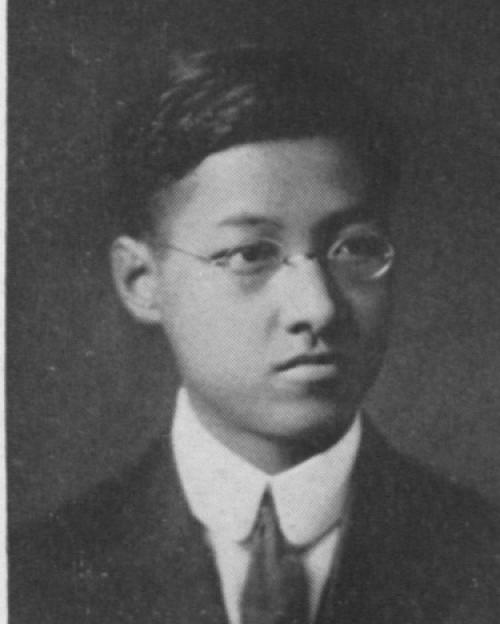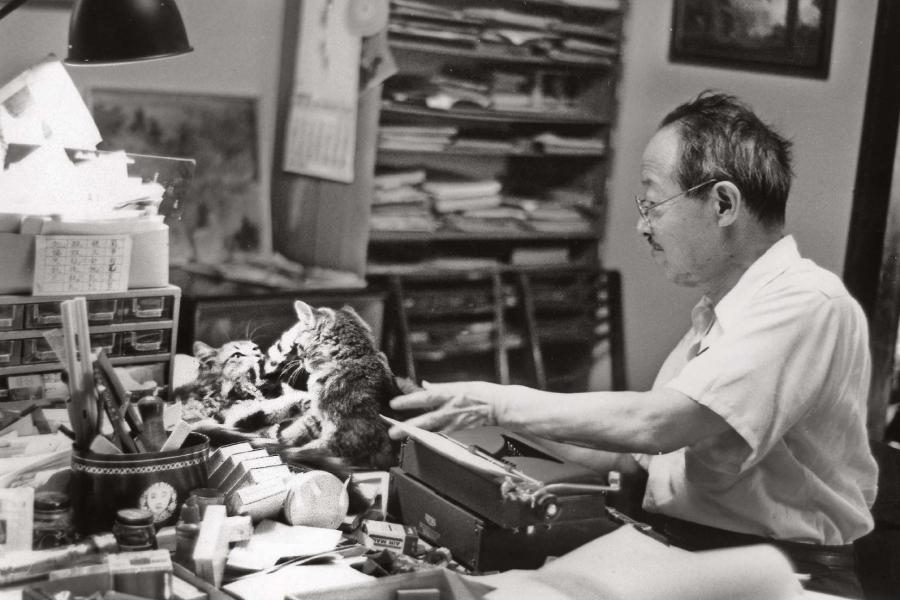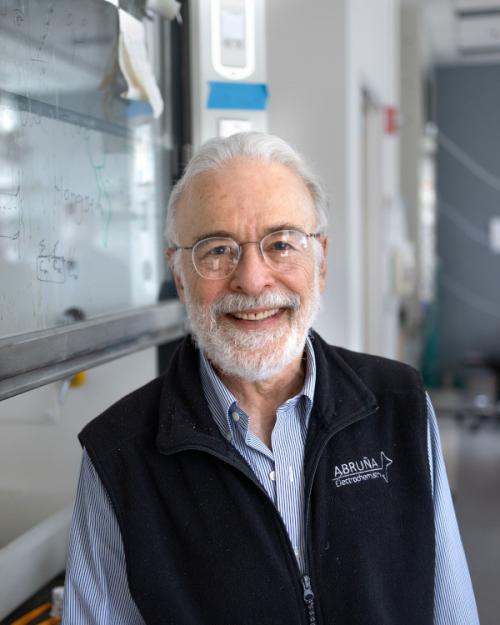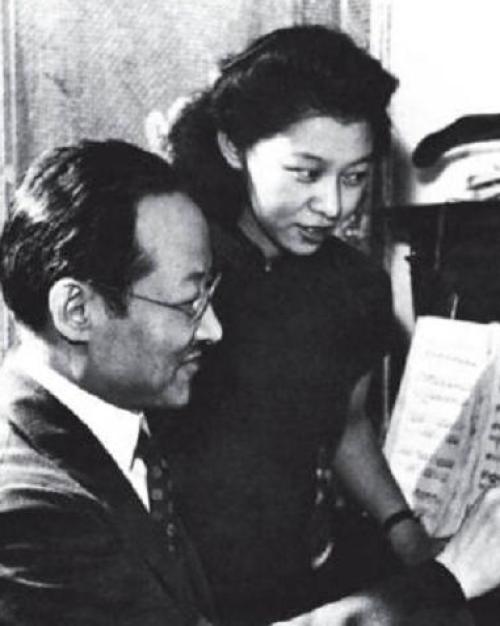A Nov. 1-2 concert and conference at Cornell will celebrate the work of Chao Yuen-Ren 1914, composer of the first Chinese keyboard music and a ground-breaking linguist who transformed the Chinese language through his scholarship on Chinese grammar and phonology.
Chao was a classmate of Hu Shih 1914, a renowned Chinese scholar and diplomat who was also the lyricist for many of Chao’s songs.
The event, “Chao Yuen-Ren’s Art of Songs,” will include a Nov. 1 concert at 7:30 p.m. in Barnes Hall, featuring Chao’s experimental compositions (some with lyrics by Hu) including his “Chinese lieder” (1922-1927), a song collection that merges Chinese and Western musical traditions. The program also includes works by Chinese composers who were studying in the U.S. at the same time as Chao, alongside select art songs by 19th-century European composers who inspired him.
“Chao wasn’t a professional musician, but he was a prolific composer, writing art songs, vernacular songs and also strange, quirky, playful compositions where he experimented with amalgamating different musical styles,” said Morton Wan, a doctoral student in the music department in the College of Arts & Sciences (A&S), who is organizing the concert and conference. “Music also became a vehicle for him to think about and capture the tonality of various Sinophone dialects. Inspired by musical staff notation, he created a system to represent pitch contours in Chinese languages that’s still in use today.”
Chao and Hu were part of a movement trying to modernize the Chinese language, Wan said. “These songs are them experimenting with not only what modern Chinese music sounds like, but how it could work well with a new modernized version of the Chinese language,” he said.
A Nov. 2 symposium from 10 a.m. to noon in Room B20 of Lincoln Hall will feature an interdisciplinary panel examining Chao’s music within the broader contexts of early 20th-century Chinese-American intellectual life, East-West musical exchange and the keyboard’s role in the global transmission of musical knowledge and creativity.

Chao is widely regarded as the “Father of Chinese Language Studies,” said Ding Xiang Warner, professor of Chinese Literature in the Department of Asian Studies (A&S), who will be one of the panelists.
“It was he who conceived the concept of Gwoyeu Romatzyh (GR), a romanization scheme for transcribing standard Chinese using the Latin alphabet, but without the use of diacritics or other notation markers for indicating tones,” she said, “and it was he who led a team of linguists on the Chinese government-commissioned National Languages Commission to develop and refine the scheme into a functional system, which the government of the Republic of China adopted, in 1928, as the national romanization system for Standard Chinese.”
This system was popular until the 1990s, when pinyin became the standard romanization system, she said.
“Chao’s ‘Grammar of Spoken Chinese, A Concise Dictionary of Spoken Chinese, and A Mandarin Primer’ laid the foundation not only for the standardization of modern Chinese but also the standardization of modern Chinese language instruction,” Warner said. “These instructional materials and reference works prepared generations of China specialists in the U.S. who later rose to prominence in their respective professions.”
To accompany the weekend events, Wan is also working on an online exhibition of a selection of photographs, letters and musical works from Chao’s archives at both Cornell University and the University of California, Berkeley, where Chao taught from 1947-1960.
The two-day event, led by the Cornell Center for Historical Keyboards, is co-sponsored by the Cornell Council for the Arts, East Asia Program, Einaudi Center, Society for the Humanities, and the Departments of Asian Studies, Music and Science and Technology Studies, with additional support from the Cornell Office of Alumni Affairs.





